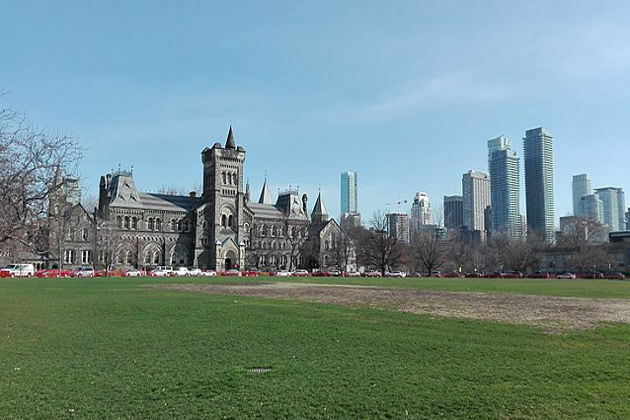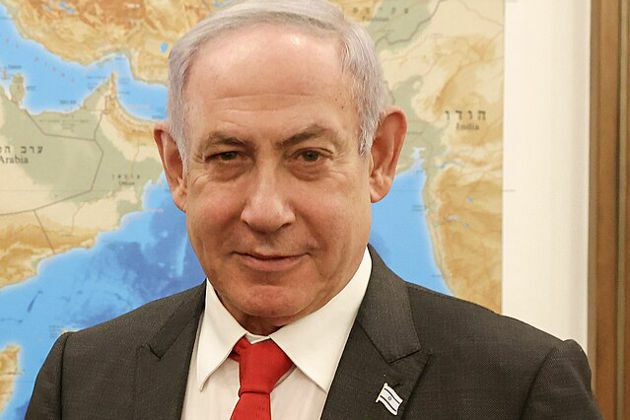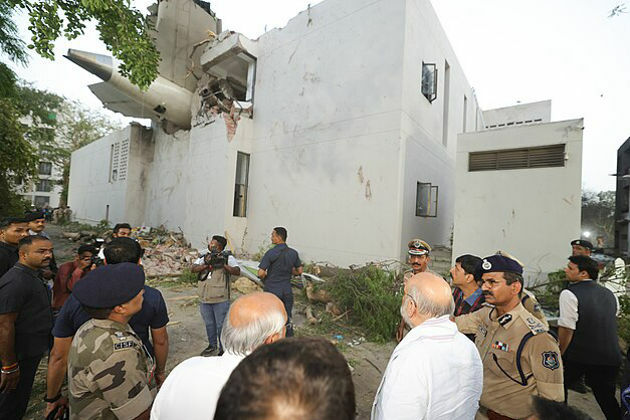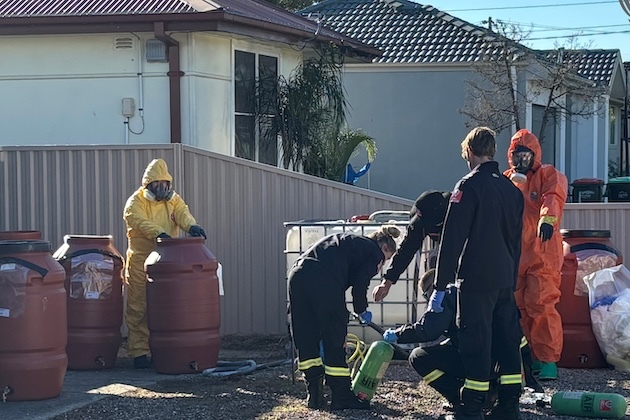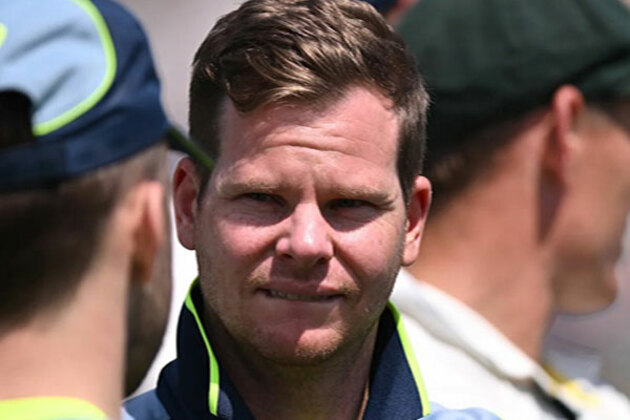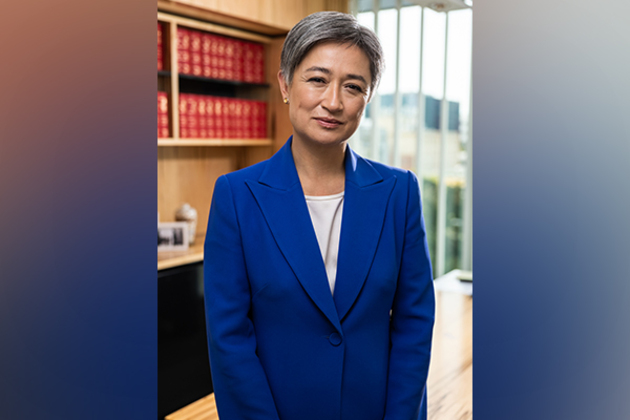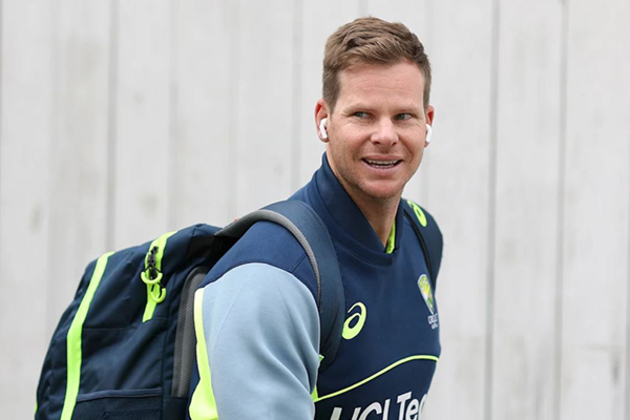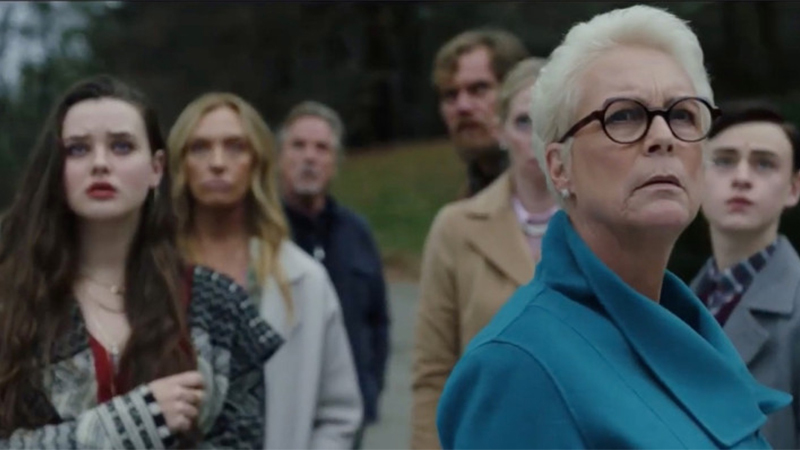What are police allowed to do at protests and who keeps them in check?
The Conversation
01 Jul 2025, 06:45 GMT+10
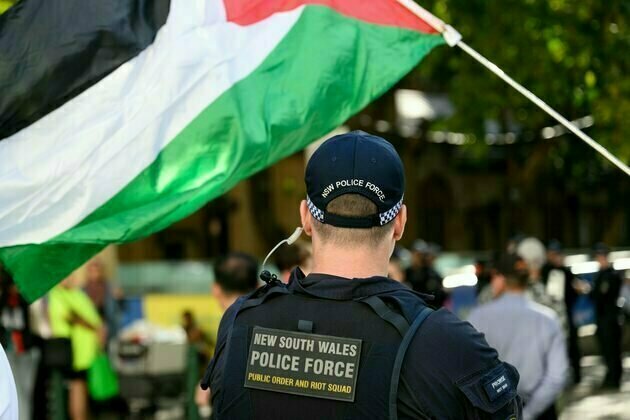
Earlier this week, former Greens candidate Hannah Thomas was hospitalised with serious injuries after being arrested at a protest in Sydney. This incident sparked public outcry, raising questions about the limits of police power and what happens when things go wrong.
Protests are becoming more common and more intense across Australia and worldwide. This surge stems from growing social and political concerns.
The right to peacefully protest is a fundamental aspect of democratic societies. It gives people the freedom to gather, speak out, and push for change.
But that right is not unlimited and can be subject to certain restrictions. While the public has a right to protest, police have a responsibility to ensure the safety of everyone involved including protesters, bystanders and officers. Maintaining public order and respecting the right to peaceful assembly is a balance.
So, what exactly are police allowed to do at protests? And if someone is hurt in the process, who is responsible, and who keeps police in check?
Peaceful protesting is lawful in Australia and people have the right to gather and express their views. But that doesn't mean anything goes.
If someone's behaviour at a protest threatens public safety or breaches the law, police have a responsibility to intervene, and individuals can be charged with an offence.
Protests are emotionally charged events. Some groups may come to protests already hostile, especially those with strong anti-authority views or past negative experiences with police. In turn, this can increase the risk of confrontation from the outset.
Often protests are driven by a shared sense of injustice. This can build strong group identity and solidarity among protesters, but it can also intensify resistance towards police who are seen as symbols of authority.
When people act as part of a crowd, emotions can spread quickly. In these settings, individuals may feel less personally responsible for their actions and behave more impulsively or aggressively.
At the same time, police responses play a big role in how protests unfold. Tactics that are seen as heavy-handed (like blocking movement or using force) can heighten tensions and lead to confrontation.
In contrast, strategies focused on communication and de-escalation are more likely to calm things down and prevent violence.
Typically, protests don't turn violent on their own. Instead, it's a mix of crowd dynamics and police response that often determines the outcome.
Police have wide-ranging powers to respond to protests to prevent behaviour escalation. A person does not need to be committing an offence for police to exercise powers during a protest. Police consider the behaviour of individual protesters, or the risk they're perceived to pose, rather than waiting for a specific law to be broken.
While the specific laws differ between states and territories in Australia, there are several common features.
Police can tell community members to move on in some circumstances. If a protester is in a public place and causing disruption, interfering with others, endangering others or being disorderly, police can direct that person to leave. An offence does not need to be committed for police to direct community members to move on.
Where a person does not follow a police officer's lawful direction, they are contravening the law and can be arrested.
However, move-on powers are limited when there is a peaceful protest. Police cannot direct a person to move on just because they are peacefully protesting something, picketing or publicly sharing their views (such as speaking loudly or carrying a sign).
States and territories have also criminalised certain behaviour related to protests. For example, it is unlawful to harass, intimidate or threaten a person accessing a place of worship in New South Wales.
Police can use force to maintain peace or prevent violence. The force used must only be "reasonably necessary". This means police can only use the minimum amount of force needed that is proportionate to the event.
It might be appropriate for police to restrain a protester using their hands or handcuffs and individual circumstances will be relevant to whether use of force is permitted. Lethal force, though, would not be permitted against a protester unless a protester was endangering the life of another person.
Injuries can occur during police arrests. It has been alleged that Hannah Thomas' injury arising during her arrest was the result of "excessive use of force". However, just because a person is injured during an arrest does not automatically mean a police officer acted inappropriately.
Where concerns arise about police behaviour during a protest (including the use of force or other actions), there are different ways police can be held accountable.
Policing organisations have internal processes for investigating police conduct. Each policing organisation has a professional or ethical standards unit that investigates allegations of conduct.
But integrity bodies have flagged police investigating police can perpetuate potentially problematic "cover up behaviours that can mask police misconduct".
Australia's states and territories also have independent statutory organisations which target crime and corruption in the public service. These are generally corruption or integrity commissions and apply to all public service workers, including police officers. The relevant ombudsman can also assist to resolve complaints.
Community members can also sue a policing organisation for injuries they sustained during an arrest.
Protest is a democratic right, but it also presents real public safety challenges.
Police face genuine risks and have a difficult job managing dynamic and often unpredictable situations.
They need certain powers to do their job, but those powers must come with strong accountability. If police exceed their power, it damages public trust and can escalate tensions further.
Good policing practices mean talking to protest organisers early, keeping communication clear, using de-escalation tactics and responding proportionally to individuals - not treating the whole crowd the same.
Protesters also play a role by staying peaceful, notifying police of a protest, knowing their rights, and helping to de-escalate tensions. The goal should always be to protect everyone. This includes protesters, police and the general public.
 Share
Share
 Tweet
Tweet
 Share
Share
 Flip
Flip
 Email
Email
Watch latest videos
Subscribe and Follow
Get a daily dose of Australian Herald news through our daily email, its complimentary and keeps you fully up to date with world and business news as well.
News RELEASES
Publish news of your business, community or sports group, personnel appointments, major event and more by submitting a news release to Australian Herald.
More InformationInternational
SectionCOVID-19 source still unknown, says WHO panel
]LONDON, U.K.: A World Health Organization (WHO) expert group investigating the origins of the COVID-19 pandemic released its final...
Fox faces $787 million lawsuit from Newsom over Trump phone call
DOVER, Delaware: California Governor Gavin Newsom has taken legal aim at Fox News, accusing the network of deliberately distorting...
DeepSeek faces app store ban in Germany over data transfer fears
FRANKFURT, Germany: Germany has become the latest country to challenge Chinese AI firm DeepSeek over its data practices, as pressure...
Canadian option offered to Harvard graduates facing US visa issues
TORONTO, Canada: Harvard University and the University of Toronto have created a backup plan to ensure Harvard graduate students continue...
Israel should act fast on new peace deals, Netanyahu says
JERUSALEM, Israel: Israeli Prime Minister Benjamin Netanyahu says that Israel's success in the war with Iran could open the door to...
UN offer rejected in Dreamliner crash investigation
NEW DELHI, India: India has decided not to allow a United Nations (UN) investigator to join the investigation into the recent Air India...
Sydney
SectionWestern Sydney raid results in seizure of $25 Million in drugs
SYDNEY, NSW, Australia - , Australian Federal Police (AFP) have shut down a secret drug lab in Sydney's west and seized more than 100kg...
What are police allowed to do at protests and who keeps them in check?
Earlier this week, former Greens candidate Hannah Thomas was hospitalised with serious injuries after being arrested at a protest in...
Steve Smith defends Australia's batting coach after Healy's performance "regressed" remark in Tests
Bridgetown [Barbados], June 30 (ANI): Australia's talismanic batter Steve Smith has come out in defence of batting coach Michael Di...
Australia's powerhouses return for World Championship of Legends
New Delhi [India], June 30 (ANI): Cricket's fiercest competitors are back in action as Brett Lee, Chris Lynn, and Shaun Marsh lead...
Australian FM to hold talks with EAM Jaishankar on sidelines of Quad Foreign Ministers' meet
Canberra [Australia], June 30 (ANI): Australian Minister for Foreign Affairs, Penny Wong, on Sunday said that she will visit Washington...
Steve Smith confident of return for second Test against West Indies
Bridgetown [Barbados], June 30 (ANI): Australia batter Steve Smith remains optimistic about recovering in time to make his return from...




